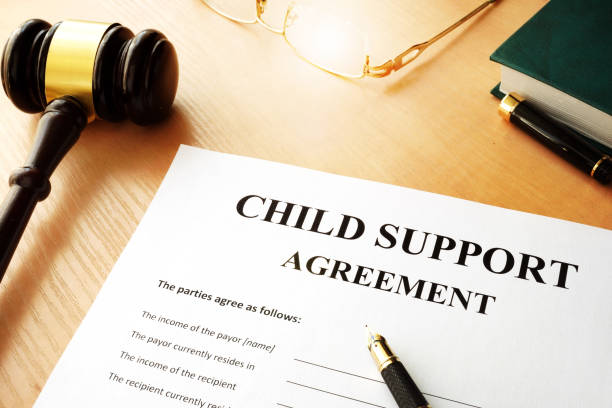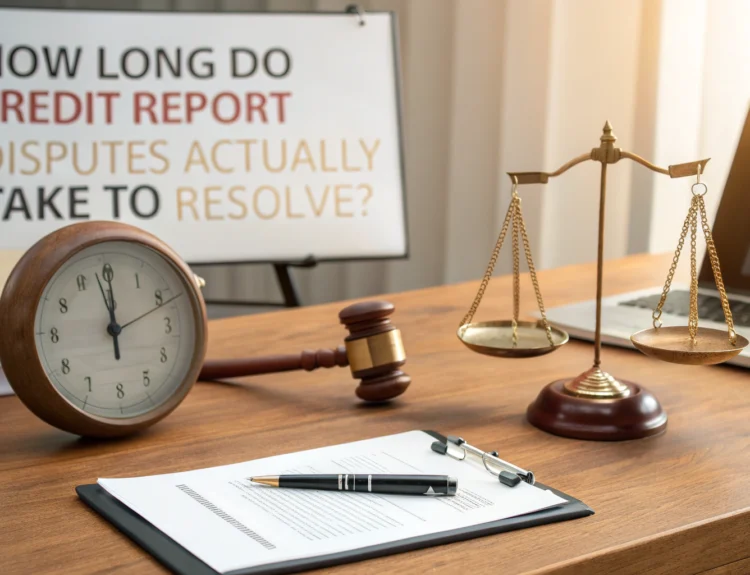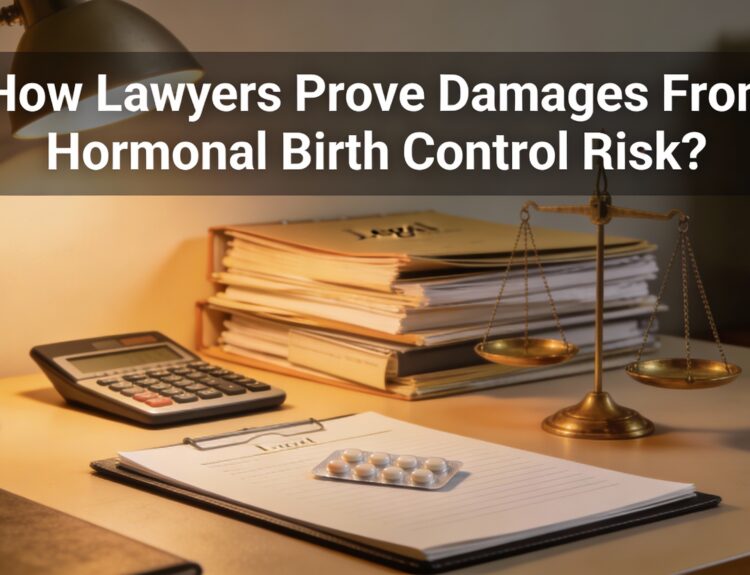Child support isn’t just a legal obligation—it’s a way to ensure children receive the financial support they need to thrive. But what happens when a father refuses to pay? This question isn’t uncommon, and navigating the complexities of child support can feel overwhelming for both parents involved.
While emotions often run high during disputes, it’s essential to understand the legal framework surrounding child support in Australia. Knowing your rights and responsibilities is key, whether you’re a parent seeking unpaid child support or disputing an assessment. Seeking advice from trusted child support lawyers can help clarify your options and guide you through the process.
Contents
Key Takeaways
- Child support is a legal obligation in Australia, and refusal to pay can lead to serious consequences.
- Fathers may dispute child support only under specific conditions, such as incorrect assessments or changes in financial circumstances.
- The Child Support Agency (CSA) enforces payments through garnished wages, asset seizures, and other measures.
- Persistent non-payment can result in penalties, court orders, and travel restrictions.
- Consulting trusted child support lawyers ensures you understand your rights and options.
The Legal Basis for Child Support in Australia
Child support in Australia is governed by the Child Support (Assessment) Act 1989, which ensures that both parents contribute financially to their child’s upbringing. The Department of Services Australia (Child Support)—formerly the Child Support Agency (CSA)—is responsible for assessing, collecting, and enforcing payments.
How Payments Are Calculated
Child support payments are based on several factors, including:
- Each parent’s income.
- The number of children involved.
- The time each parent spends with the children (care arrangements).
- Other financial obligations include existing child support for other dependents.
This ensures that payments reflect the child’s needs while considering the parents’ financial capacities.
Can a Father Legally Refuse to Pay Child Support?
The short answer is no. Under Australian law, child support is a mandatory obligation, not a voluntary contribution. However, fathers may dispute their liability in specific circumstances:
- Incorrect Assessments: If a father believes his income assessment is inaccurate, he can request a review.
- Changed Financial Circumstances: A loss of income or employment may warrant a reassessment of child support obligations.
- Disputes Over Paternity: If paternity is in question, the father may challenge child support until the matter is resolved.
Refusal to pay without a valid legal reason is not permitted and can result in significant consequences.
Consequences of Refusing to Pay Child Support
Fathers who refuse to meet their child support obligations may face enforcement actions by the CSA, including:
1. Garnishment of Wages
The CSA can deduct child support payments from the father’s salary or income.
2. Seizure of Assets
Bank accounts, property, or other assets may be seized to cover unpaid child support.
3. Loss of Tax Refunds
Unpaid child support debts can lead to the Australian Taxation Office redirecting tax refunds towards arrears.
4. Travel Restrictions
The CSA can suspend or revoke passports to prevent international travel until payments are made.
5. Court Proceedings
Persistent non-payment may result in legal action, financial penalties, or even a court order to enforce payments.
Steps to Take if a Father Refuses to Pay Child Support
When faced with non-payment, here are the steps you can take:
- Contact the CSA
Notify the CSA of unpaid child support. They have enforcement powers to recover the owed payments. - Gather Evidence
Keep records of missed payments, communication attempts, and any agreements to support your case. - Request Garnishment
Ask the CSA to garnish wages or other income sources directly. - Engage a Lawyer
Consult trusted child support lawyers for legal advice and assistance in enforcing payments. - Explore Alternative Dispute Resolution
Mediation or negotiation can resolve disputes more effectively than court action.
How Child Support Lawyers Can Help
Navigating child support disputes can be legally and emotionally challenging. Here’s how experienced child support lawyers can assist:
- Challenging Assessments: Helping fathers dispute unfair or incorrect child support obligations.
- Enforcing Payments: Assisting custodial parents in recovering unpaid child support through legal channels.
- Mediating Disputes: Facilitating negotiations to reach fair agreements without lengthy court battles.
- Providing Legal Representation: Advocating for your interests in court, ensuring compliance with Australian law.
Common Myths About Child Support in Australia
Myth 1: Only Fathers Pay Child Support
Reality: Either parent can be required to pay, depending on custody arrangements and income levels.
Myth 2: Quitting a Job Eliminates Child Support Obligations
Reality: Payments are based on income-earning capacity, not just current employment status.
Myth 3: Paying for Extras Counts as Child Support
Reality: Child support must be paid through official channels unless both parents agree otherwise.
Conclusion
Child support is a legal obligation designed to ensure children have the resources they need for a stable and secure upbringing. Fathers who refuse to pay child support without valid reasons face serious legal consequences, from garnished wages to court proceedings.
Seek professional advice if you’re dealing with unpaid child support or want to dispute an assessment. Contact Testart Family Lawyers today. Their experienced team can guide you through the complexities of child support law, ensuring the best outcome for you and your family.




